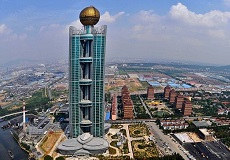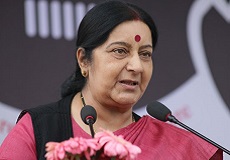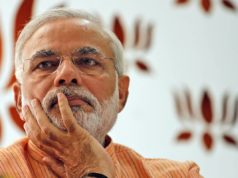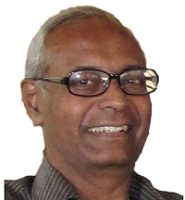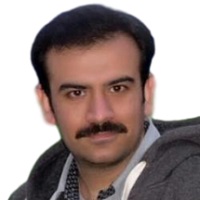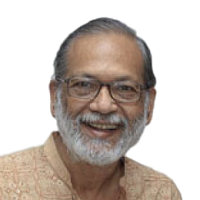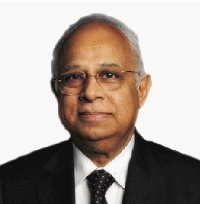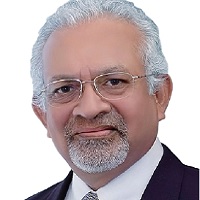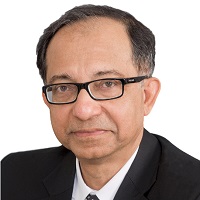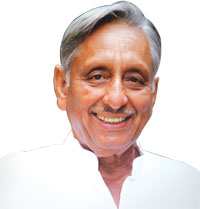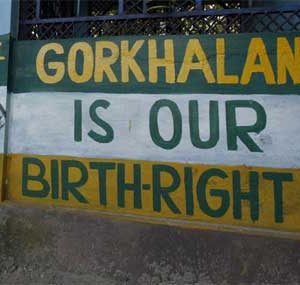Violent protests have forced the government in India’s Nagaland state to cancel elections to ten town councils in an unprecedented gesture to placate angry tribesmen upset with reservation of seats for women.
The Nagaland government declared as null and void the results of this week’s polls for the ten town councils (Urban Local Bodies), in which 33 percent of the seats had been reserved for women.
The reservations provoked the Naga tribal bodies into launching violent protests, leading to police firing on Tuesday (31 January).
Two protestors were killed when an angry mob tried to storm the ancestral residence of chief minister D R Zeliang near Dimapur town, the state’s commercial hub.
The violence spread to state capital Kohima and more than ten official buildings like that of the State Election Commission were set on fire on Thursday (2 February).
Central para-military forces has to be called out to help state police secure critical areas like residences of ministers, the state assembly and secretariat. Prohibitory orders that were clamped on Kohima remain in force.
The protestors initially wanted to bury the two dead protestors in the Chief Minister’s house to punish him for the police firing.
In Naga customary practice, bodies of those killed are often buried in the house of those blamed for the murder to ensure a feeling of life-long guilt.
But the Nagaland Tribes Action Committee (NTAC) spearheading the protests later relented and proceeded with the burial of the two bodies on Friday (3 February) after some backroom parleys.
But a NTAC spokesperson told this writer they were still demanding the chief minister’s resignation for ordering the police firing, though their demand for nullifying the polls had been met.
“This brings to the fore the sharp contradictions between Indian laws when applied to Nagaland. 33 percent reservation for women has been enforced in local bodies across India, but the patriarchal Naga society is not game for it,” said Nagaland analyst Pradeep Pareek.
Like Kashmir, Nagaland has extensive constitutional safeguards for protecting the indigenous way of life and disregard for that often leads to violent nativist-outsider confrontations.
The role of former chief minister Neiphiu Rio has also led to speculations of trouble within the ruling party when he attended the funeral service of the two protestors and told journalists that ‘no government should go against the wishes of the people’.
When asked whether the Indian government should impose central rule by dismissing the state government, Rio said, “It was upto Delhi to decide that.”
Rio belongs to chief minister Zeliang’s party, Nagaland Peoples Front, which has ruled the state since 2003 and is an ally of India’s ruling BJP.
He is now Nagaland’s lone lawmaker in Indian parliament after having been a chief minister for three terms (2003–08, 2008–13 and 2013–14).
The NPF supports India’s ongoing negotiations with the Naga separatist group, National Socialist Council of Nagaland (NSCN), which has been going on since 1997.
Prime Minister Narendra Modi’s government signed a ‘framework agreement’ with the NSCN’s main faction led by Thuingaleng Muivah in August 2015 and promised an early final settlement.
But that has not happened, even as other Naga rebel factions have opposed Delhi’s dealing with ‘just one rebel group’ and Muivah’s rival S S Khaplang, a Burmese Naga, has reneged on his ceasefire with India to return to the path of armed insurrection.
The NSCN’s Khaplang faction has since formed a coalition with three other northeast Indian rebel groups, including the United Liberation Front of Assam (ULFA), and have some informal tactical understanding with a few more groups in Manipur to pursue armed separatism against India.
Khaplang’s Naga fighters, backed by Assamese and Manipuri rebels, have unleashed a series of attacks on Indian forces, provoking Delhi to order a trans-border commando raid into Myanmar in July 2015.
Myanmar appeared seriously embarrassed after some Indian ministers bragged about the raids and Aung Sang Suu Kyi during her November 2016 visit to Delhi insisted such cross-border raids should never again happen without her government’s knowledge.
“Chances of an early solution to the Naga problem is dim,” said Nagaland editor Bano Haralu. “The issues involved are complicated and are yet to be resolved.”
Naga irredentism has also caused much unrest in the neighbouring state of Manipur, where state assembly polls are due in March this year.
The United Naga Council (Manipur) has enforced a three-month long road blockade beginning November 2016, holding up vehicles carrying essential supplies to the remote state.
They oppose the Manipur government’s decision to create seven new districts in an administrative reorganization that the UNC(M) feels is aimed at diluting Naga majorities in the state’s hill region. The UNC(M) strongly backs the creation of a Greater Naga state by merging Naga-dominated areas of Manipur, Assam and Arunachal Pradesh — states that lies at the core of NSCN’s demand for a final settlement of the sixty-year old problem.
The NSCN is willing to give up on secession if they have a greater Naga state, but Delhi finds it difficult to accept because the demand has polarized opinion across Northeast, specially in Manipur, where elections are due this summer.
Manipur’s Congress chief minister Ibobi Singh is virulently opposed to the NSCN’s Greater Nagalim demand and the creation of the new districts by his government was seen as a move to dilute Naga majorities in the state’s hill region.
Delhi finally woke up to tackle the Naga-inspired road blockade, as it could undermine the BJP’s chances in state elections.
The Indian Home Ministry finally managed to get both the Manipur government and the Naga protestors on the table for tripartite talks this week.
Home Ministry officials reported “substantial progress” in the talks held on Friday with the Manipur government and a Naga group and said an agreement has already been signed. But another round of talks is due on February 7.
Manipur’s key Highway NH2 has been blocked since November 1 by supporters of United Naga Council, which has led to skyrocketing of commodity prices and total dislocation of surface transport.
India plans to connect to south-east Asia through Manipur and the road blockades unsettle the Delhi’s ‘Look East’ plans.


